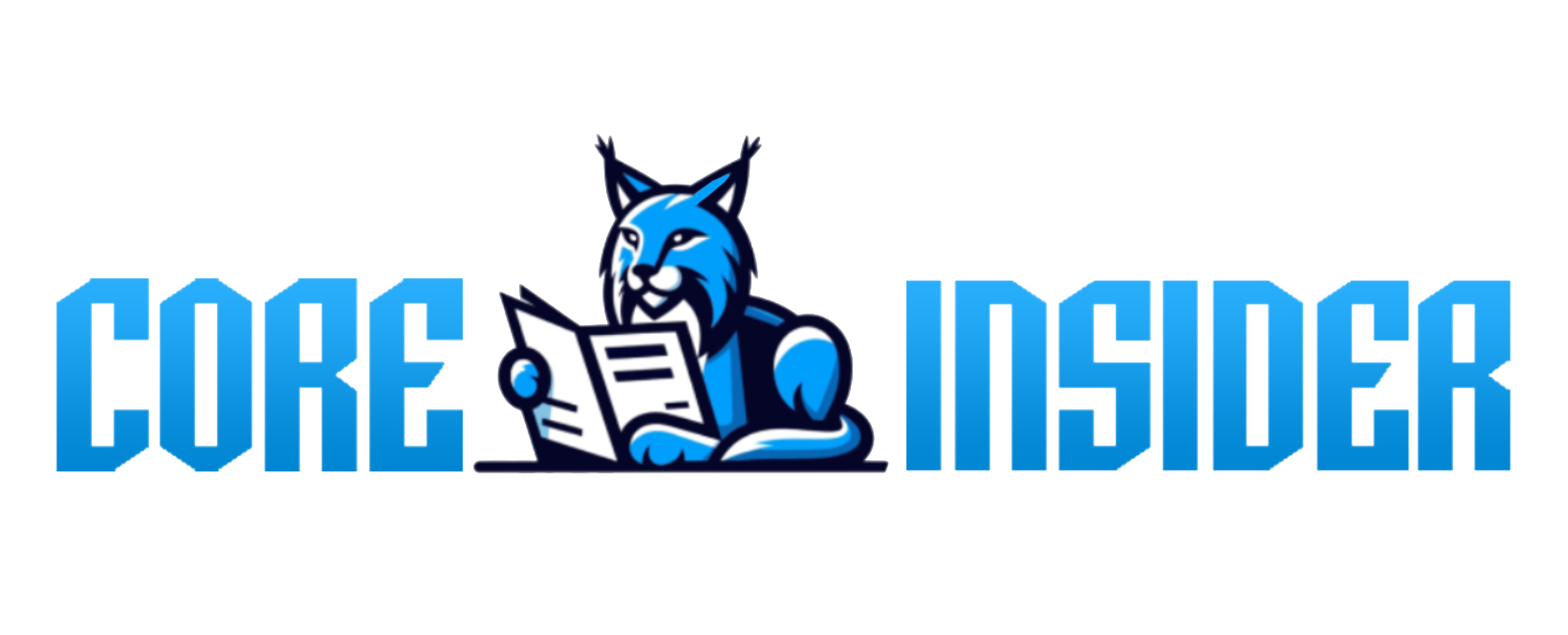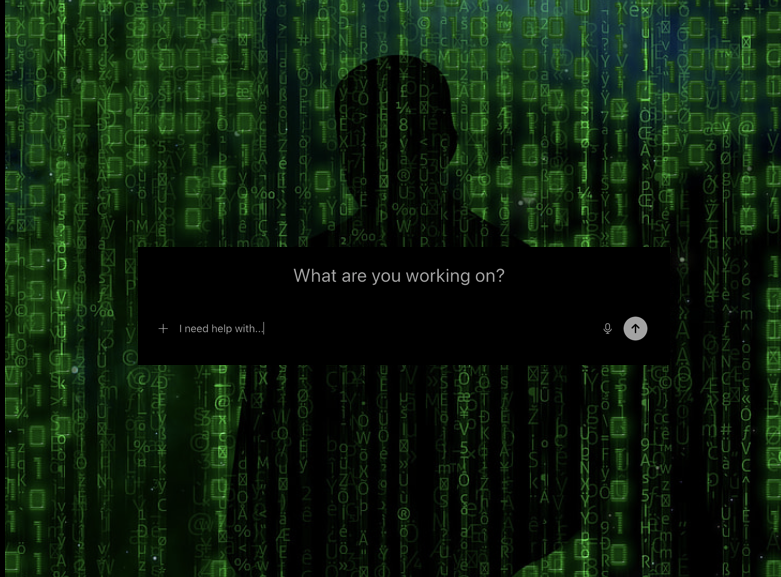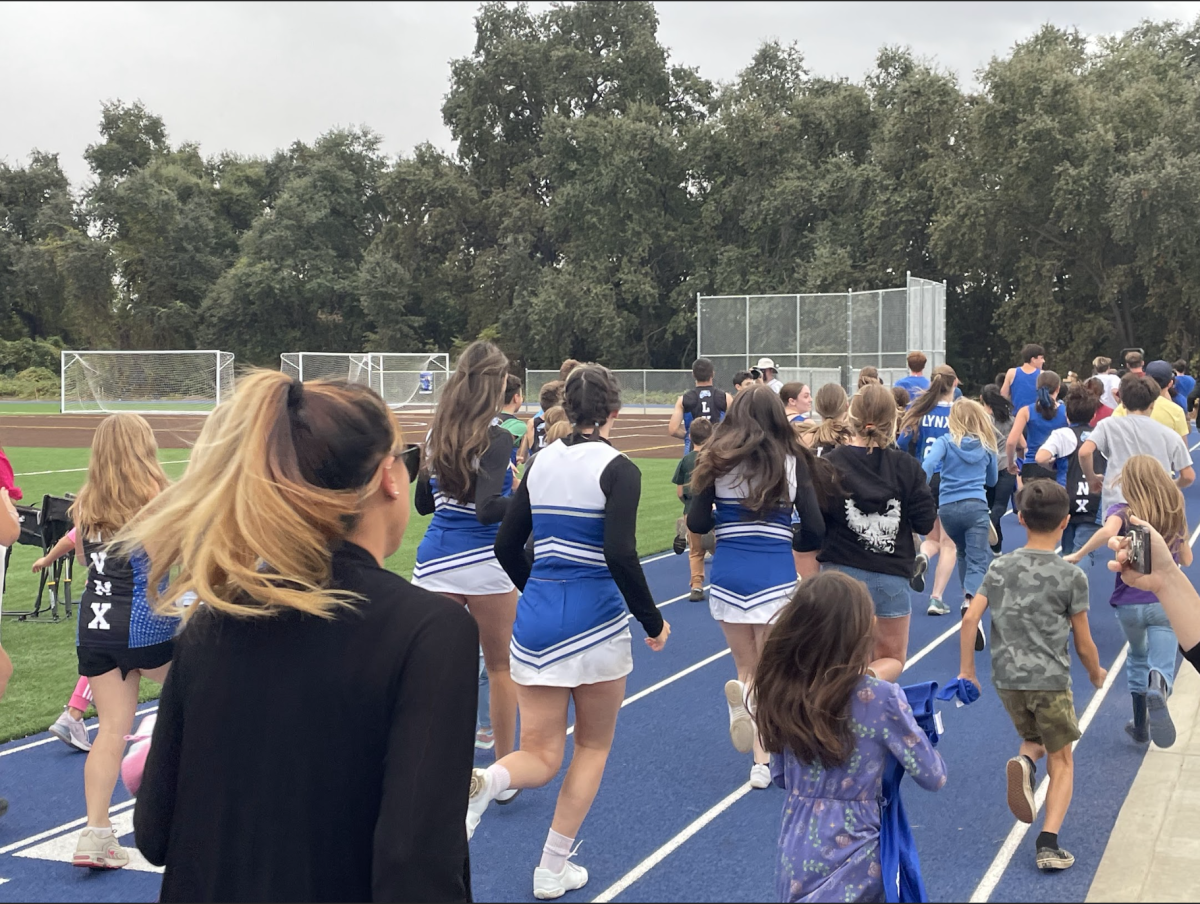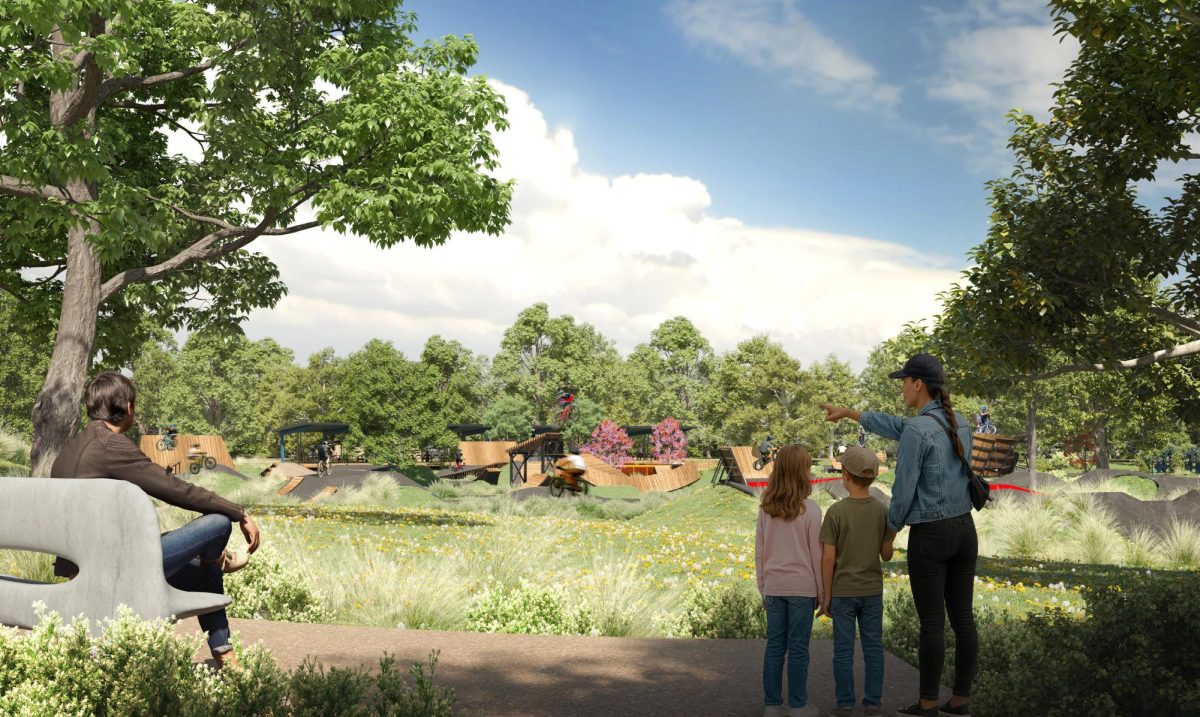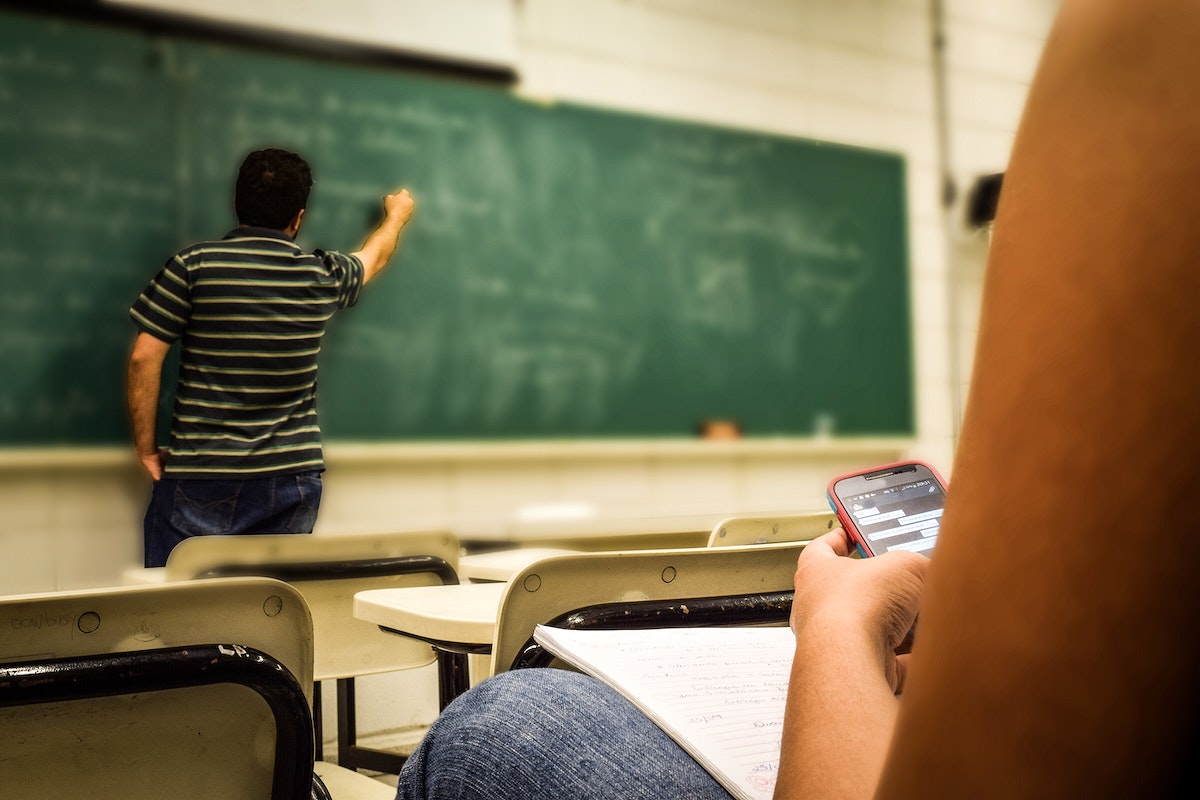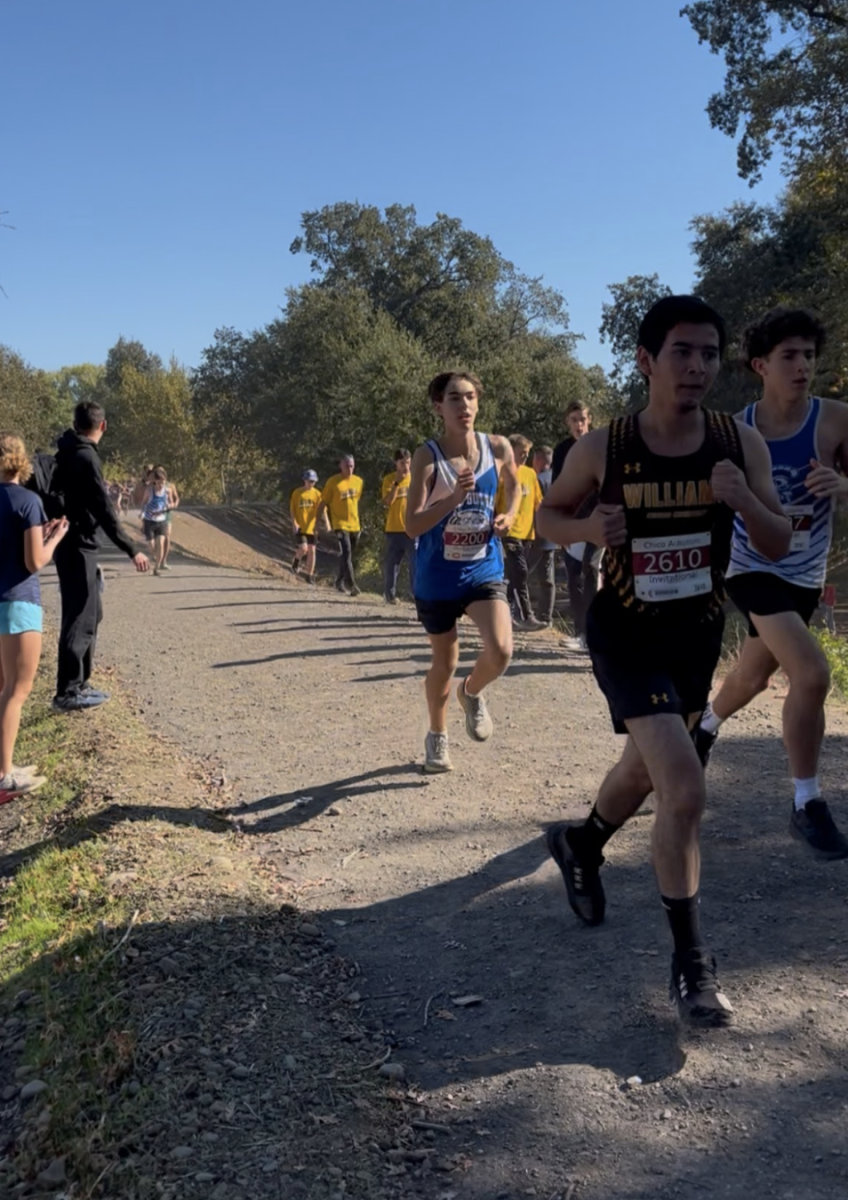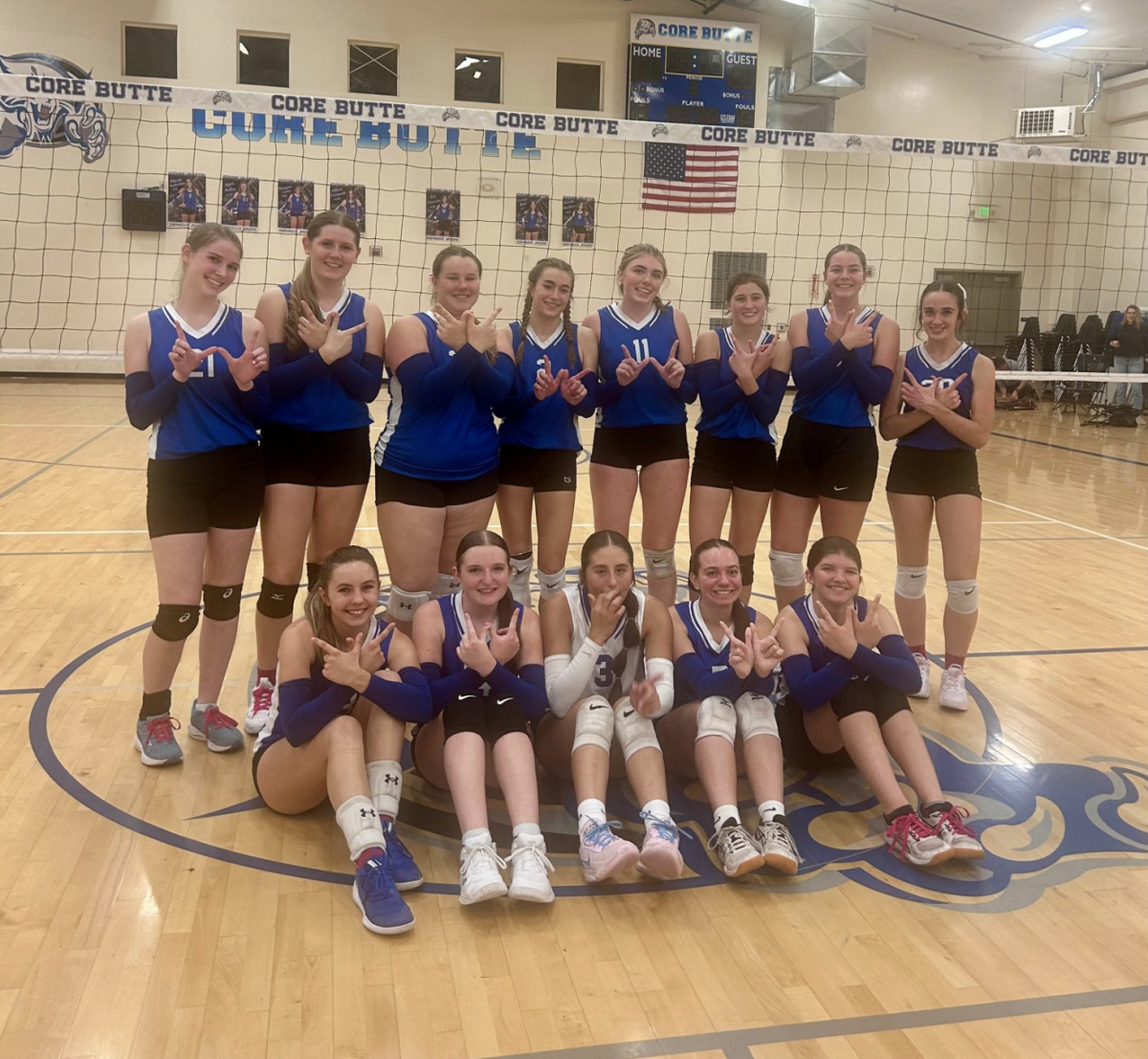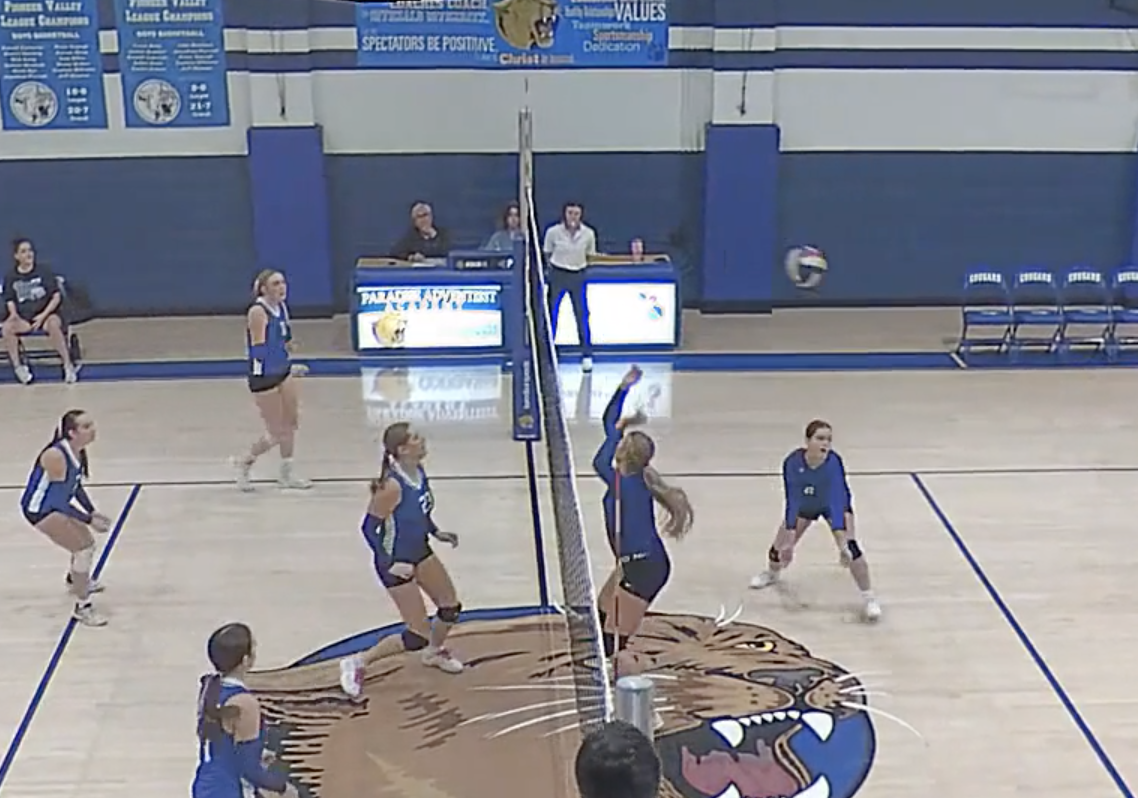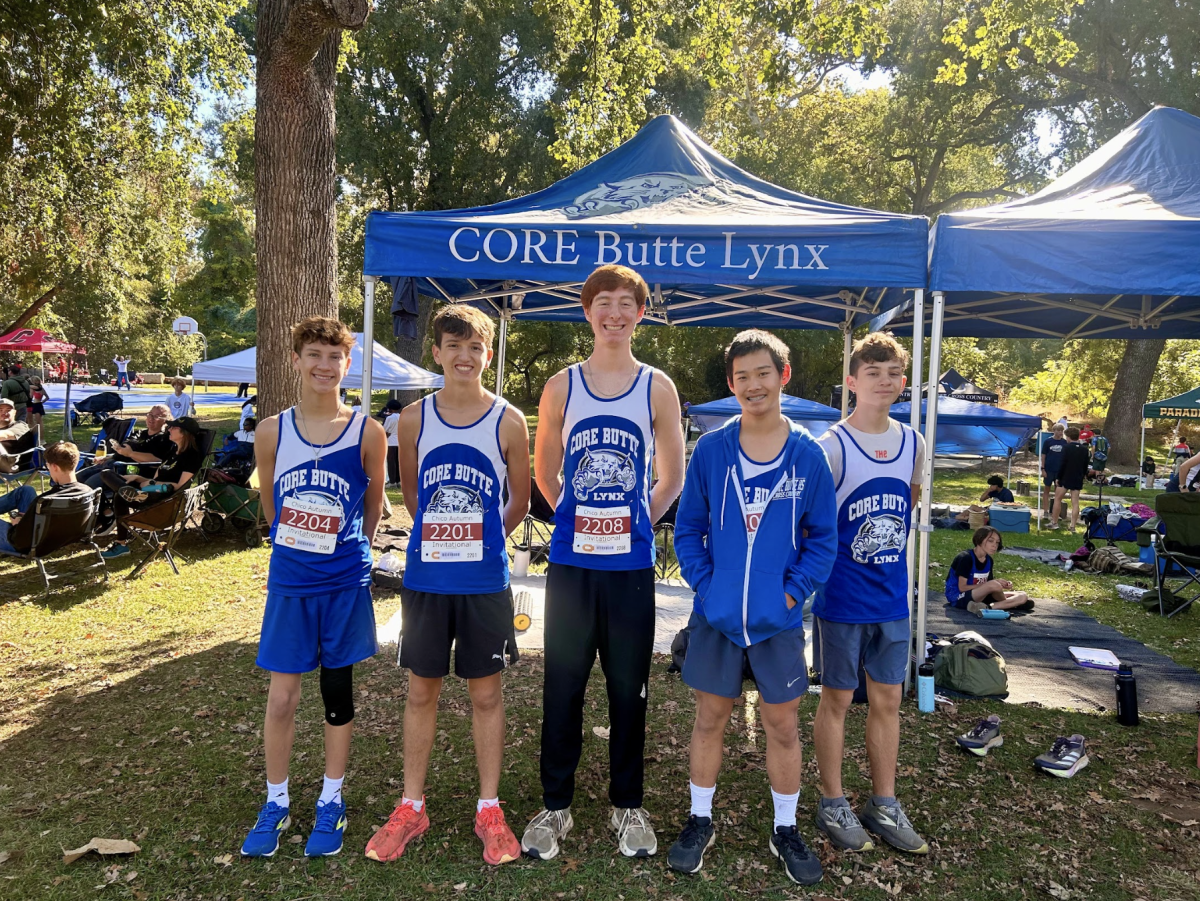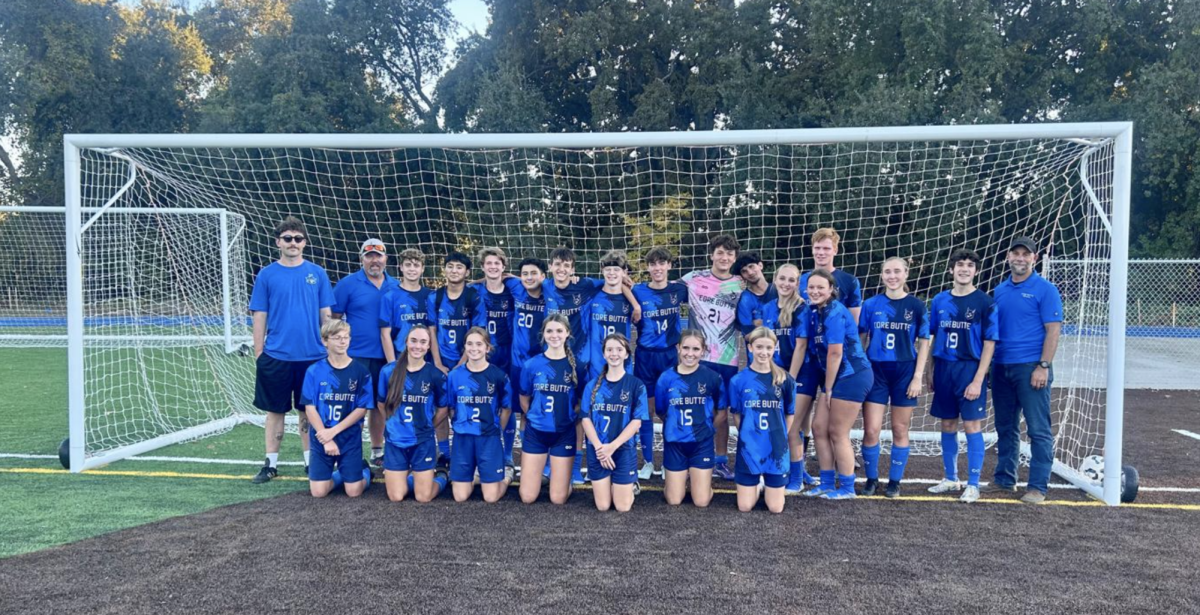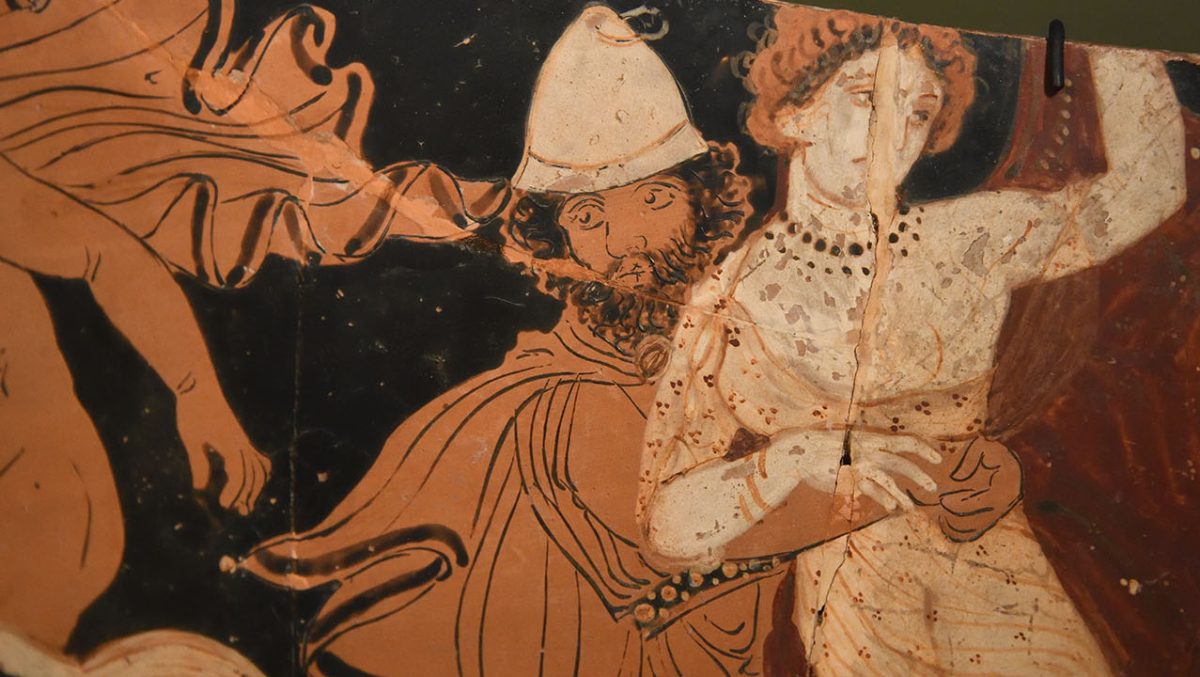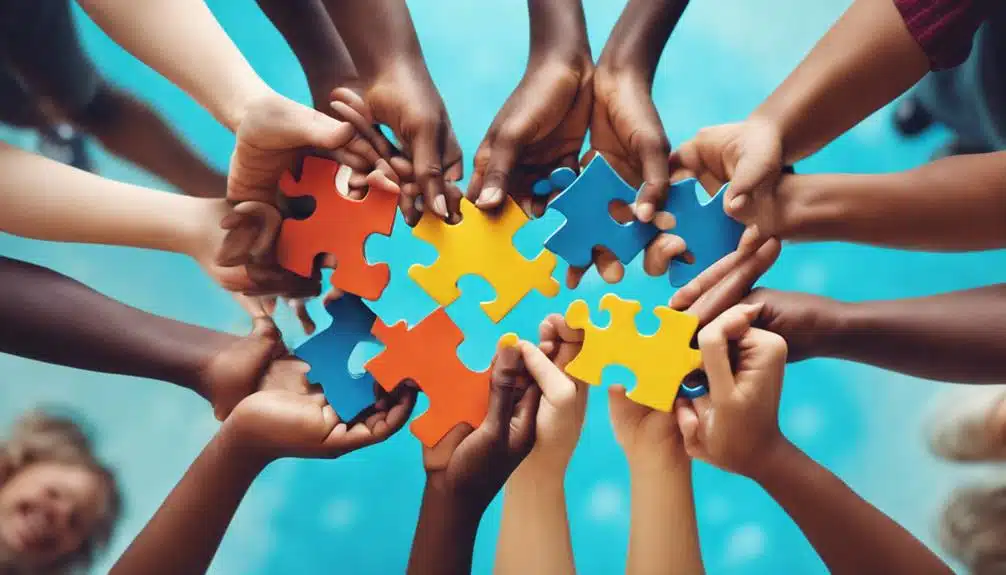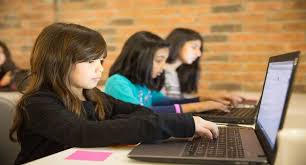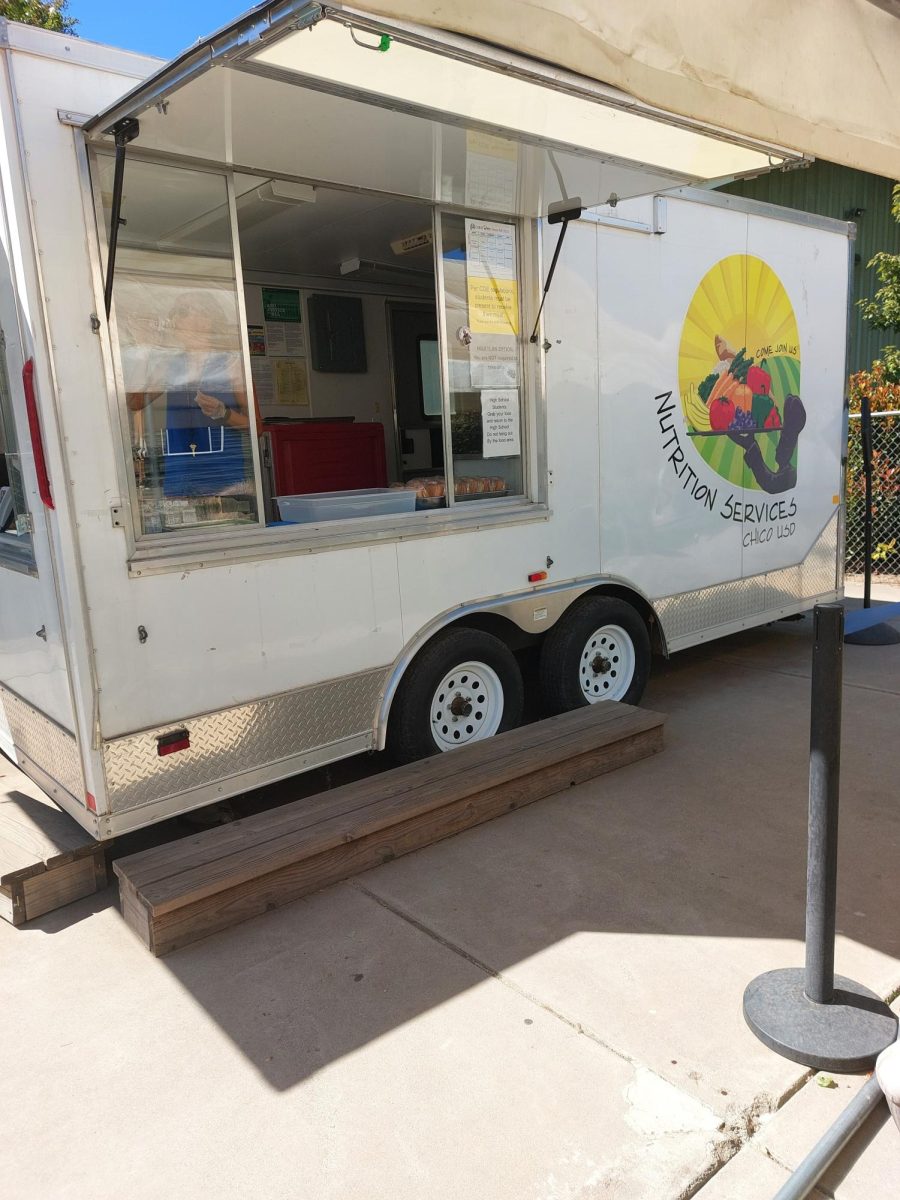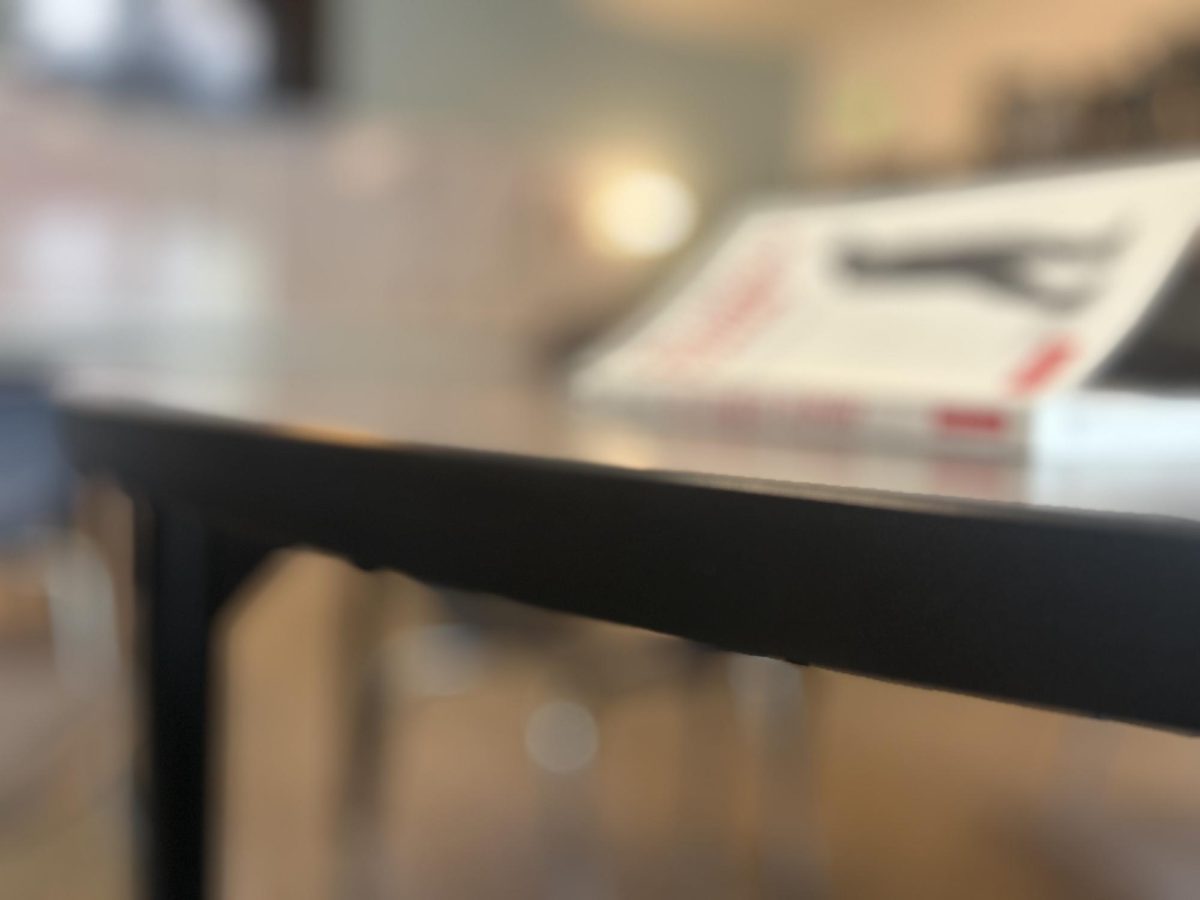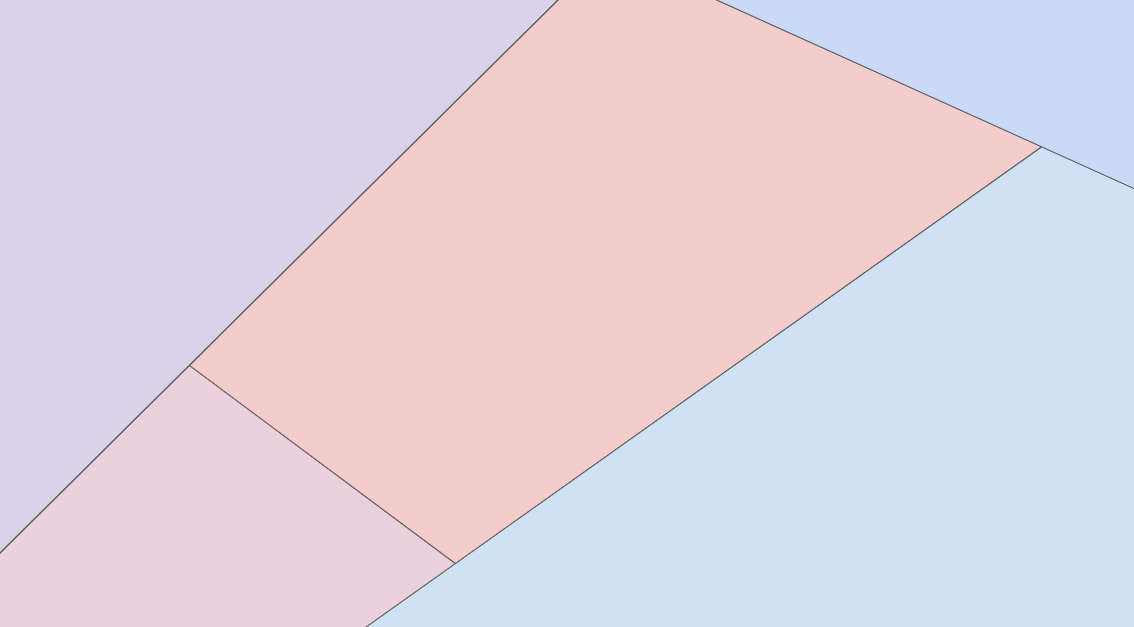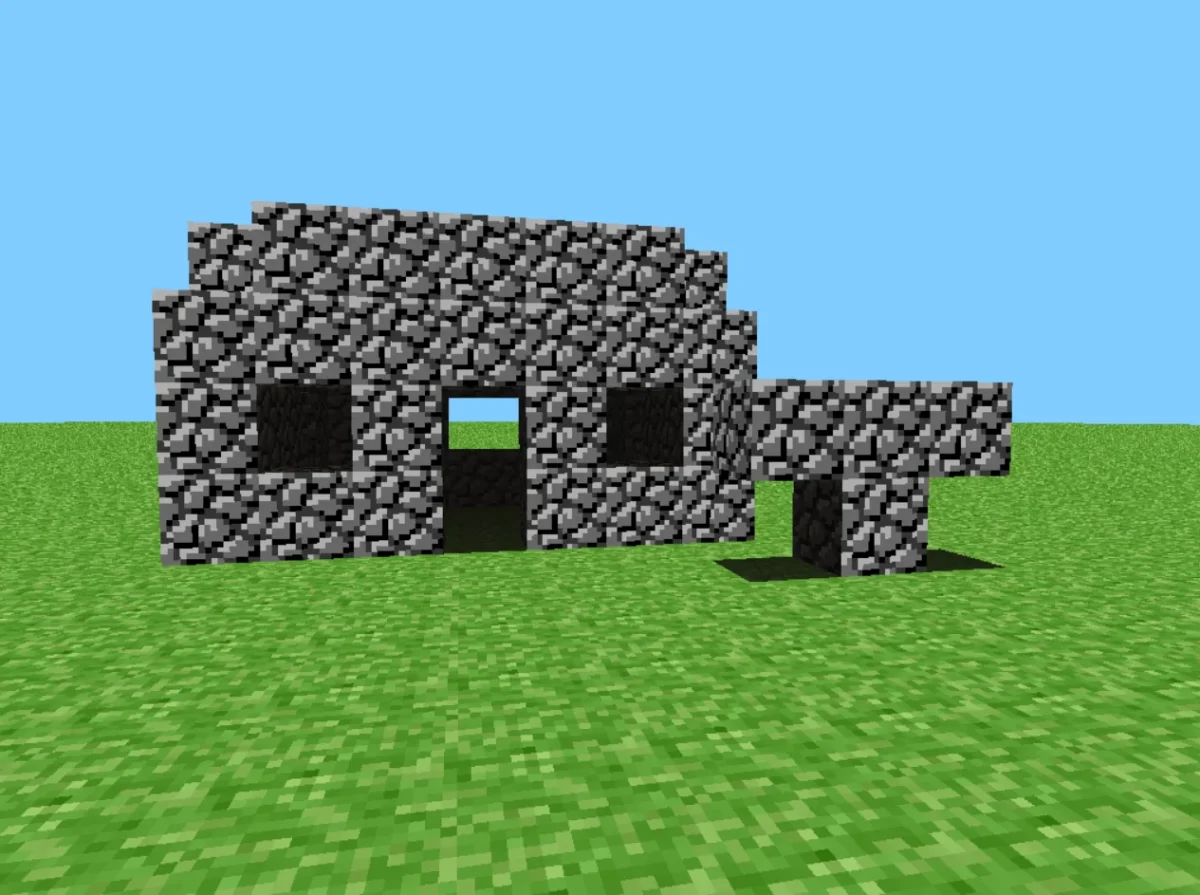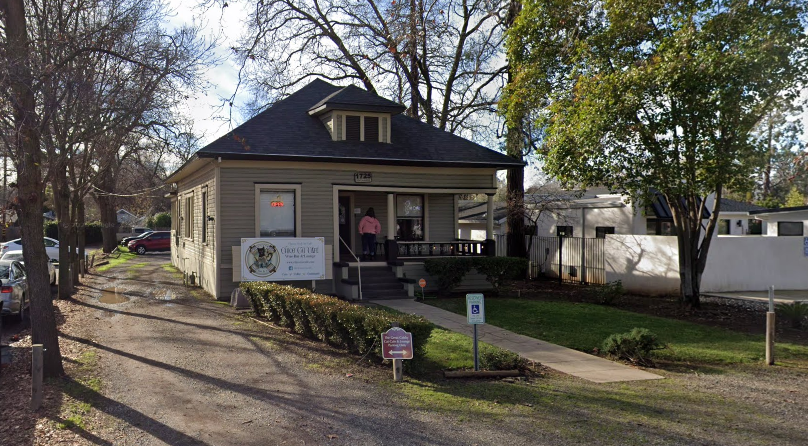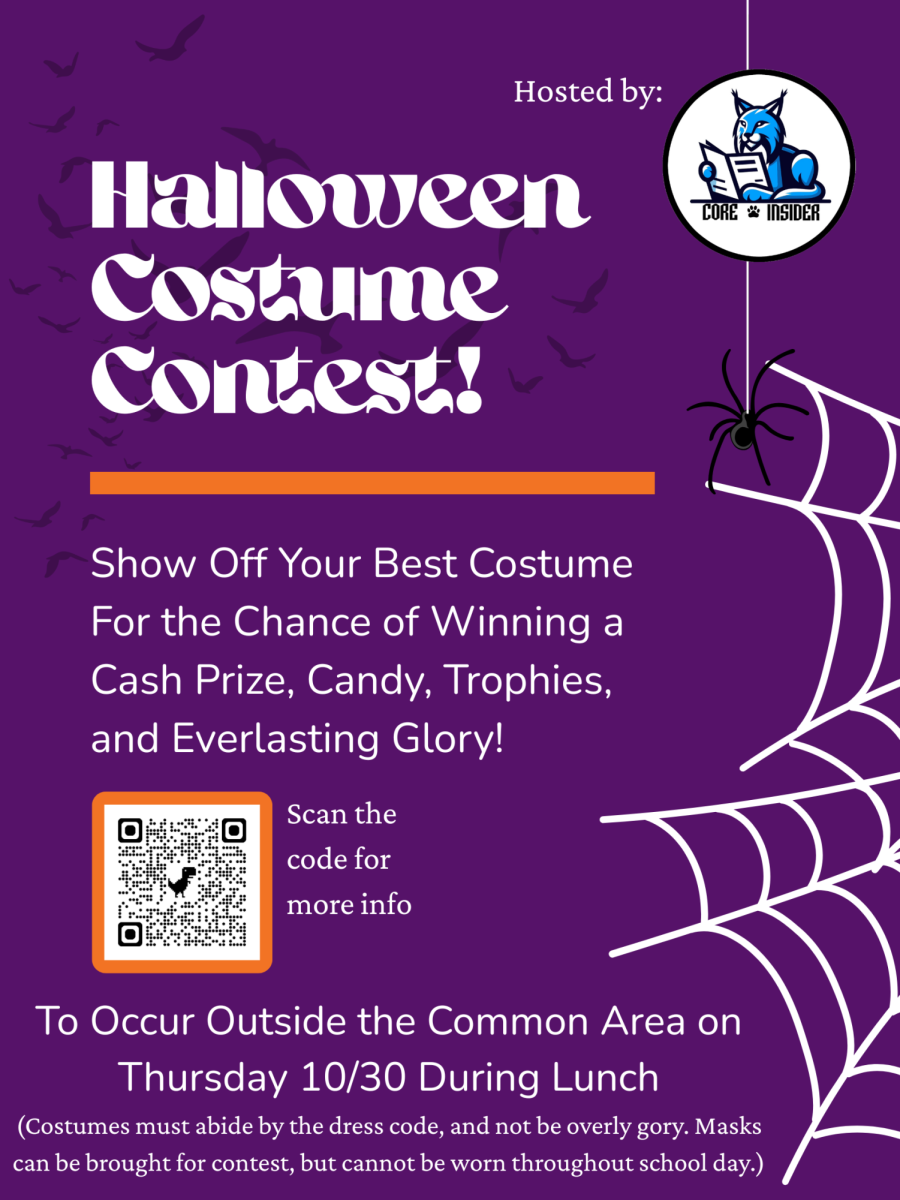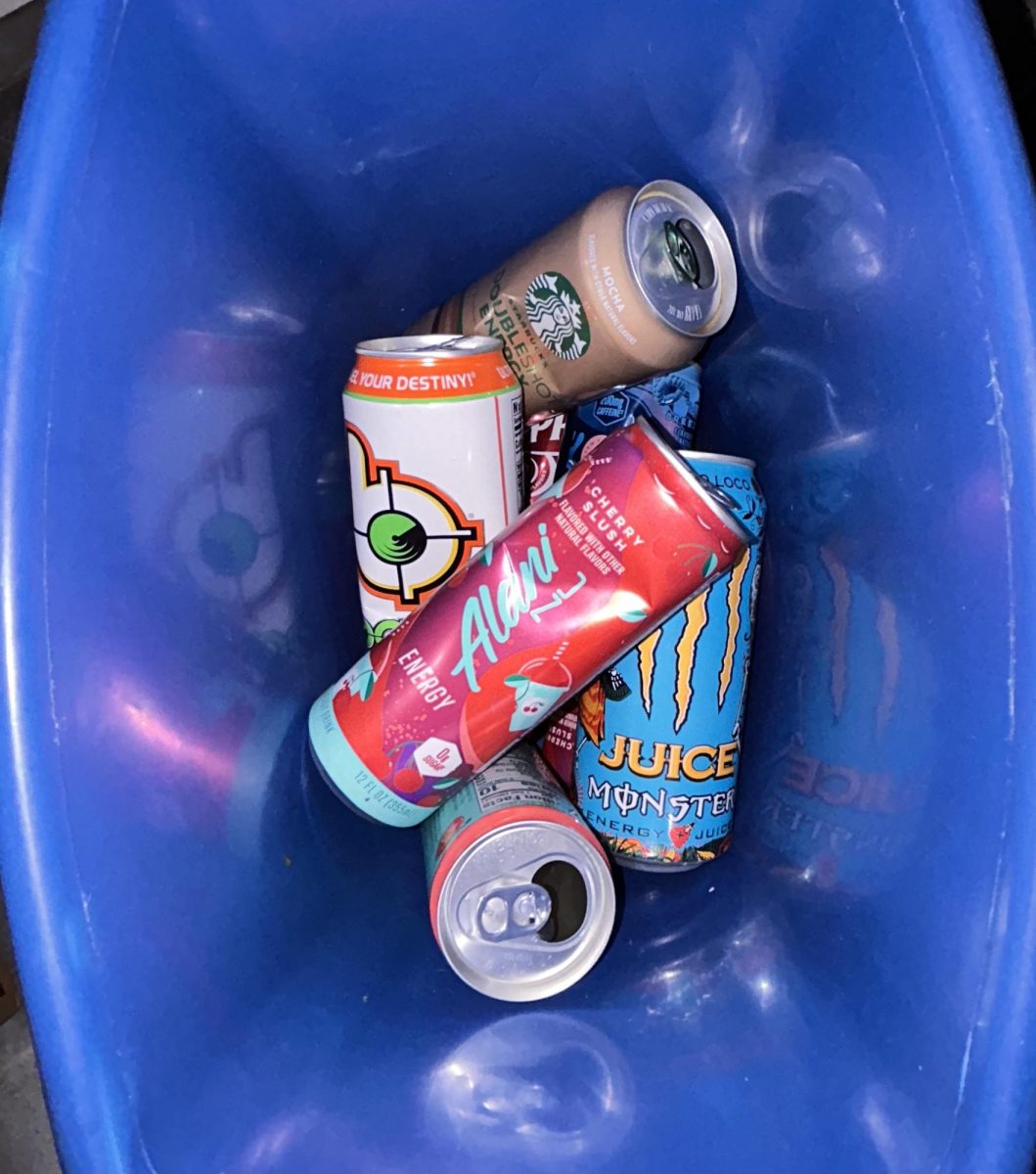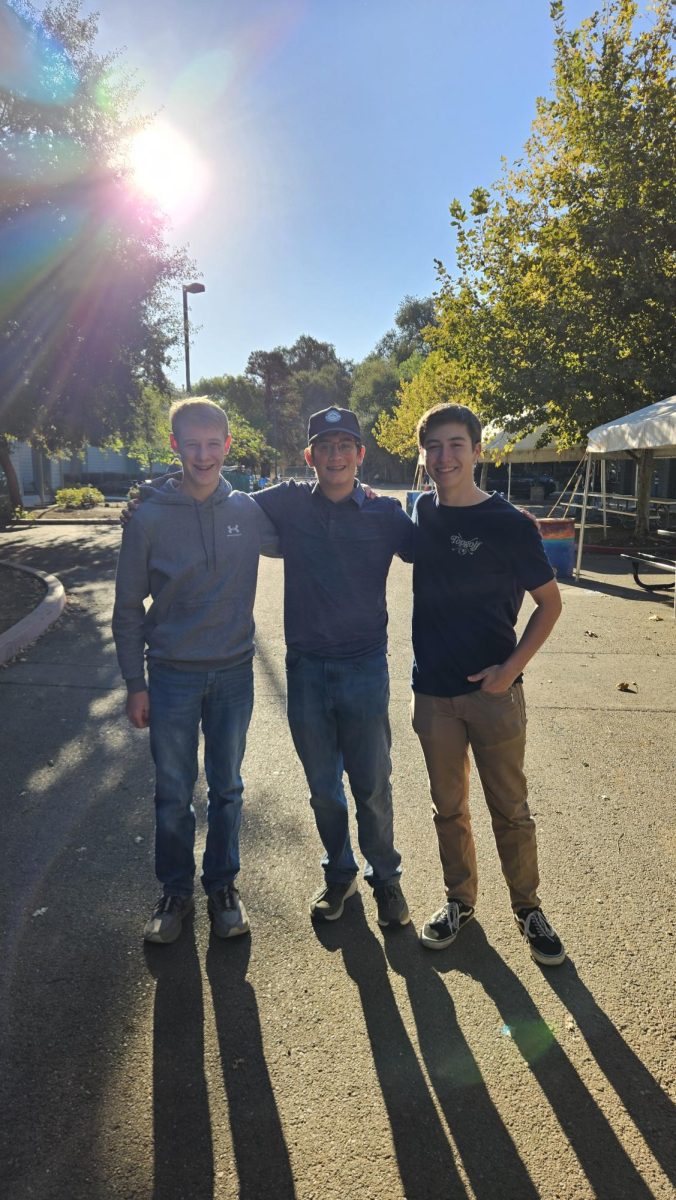Humans advanced because they have the ability to think beyond what is seen. We have progressed so much that what was considered “advanced” now is normal. So then we can focus on one certain subject because all the bases of the other subjects are covered in modern education. There are many in the education system-–both students and adults—who say that liberal arts education is the way of the present and that practical arts education is the way of the future. This can be concluded as the “state of debate” which is the current way of believing in this certain area. Liberal arts, which are academic subjects like philosophy, math, social and physical science, and literature, are what is being used in the school system right now. Yet lots of us who are currently in the school system want to be taught how to do practical things like how to handle finances and budgeting. How to manage our time, how to cooperate with that person who is getting on your nerves. These could be considered as “practical arts”.
Yes, it is true that we need to be taught the practical arts that will carry us throughout life, yet we still need a healthy dose of liberal arts. I believe we must intertwine the practical and liberal arts if we want to have an advanced and thriving community. When asked about which was better, practical arts or liberal arts, Matt Harvey, the high school director at CORE Butte believes that, “Understanding social context through literature, through history, understanding basic math skills is super important to lay a foundation for educated society, but without skills, those things aren’t able to be applied. …So I think it’s really important that we are constantly reflecting on how to balance when those two come together.” This shows that both arts are needed for a well rounded human being.
Many students are contending for a more practical education. On the one hand, I agree with them that we as students are graduating without some of the necessary skills to survive the real world. Sometimes graduating students don’t know how to handle financing and budgeting. That definitely needs to be addressed but I believe that the parents of that student should help them with the outline of budgeting. I feel that these students who are pushing for more practical education are exaggerating when they claim that we do not learn things that we will use in the future. We do use unnecessary skills, like diagraming a sentence, which helps us understand how the English language is structured. Yet still our education system does not give us enough hands-on experience of things that would give us a job. As Mr. Ken Noble of CORE Butte High School put it, “Unfortunately… especially colleges, teach booksmarts and a lot of academic concepts but not knowledge that would be pertinent to a job.” Diagraming a sentence is a booksmart, not knowledge that would be particularly useful for any sort of job except for a linguistic of some sort.
But others contend that a liberal arts education (learning all those booksmarts) is better because it is a higher education. “Higher” as in more education and as in more knowledge. One of the people who believe this is Ryan Mcllhenny in his article “The Danger of a Liberal Arts Education” he states, “A liberal arts education challenges students to learn to live with themselves, accepting who they are and may become. It lays a foundation for students who seek to live principled lives rather than being persuaded by power or the herd in order to achieve recognition or ephemeral happiness. (2017)”. I am of two minds with this statement because I know many people who need to be confident in themselves, including me. So many people let others walk over them because they do not know any better because they do not have a higher education. But on the other hand, if everyone is of an individual mind, then there would be no society, no culture because everyone wanted to do things on their terms. There would be no social structure since there would be no one to lead.
But if we were to all be in the “practical arts” mediums, (everyone doing a profession of some sort), then no one could really lead because they would be so busy doing their profession. Our society has tiers of professions, whether we like it or not. There are jobs that are all about exploring the unknown, like botany, biology, sociology, archaeology. Others that are all about knowing how to do that certain thing, like a janitor and a wielder. None of these are bad jobs, just different. But since most of us will have a job—although unfortunately, many may not get their dream career—we will fill up the professions and jobs. Because we might not get those dream jobs, I wholly believe that we should let our high school students explore whatever they want in the world of academia. As Robert Wiltenburg wholly believes in his article “Liberal and Practical Education in the Twenty-First Century”, “—now the most numerous of all students—need, an education both liberal and practical that prepares them to make well the many decisions in their own lives and those of their families and of the many communities—local, national, and international—in which we and they share.(2015)”. We need to combine the two arts (practical and liberal) if we want to become a better and greater society through our education.
